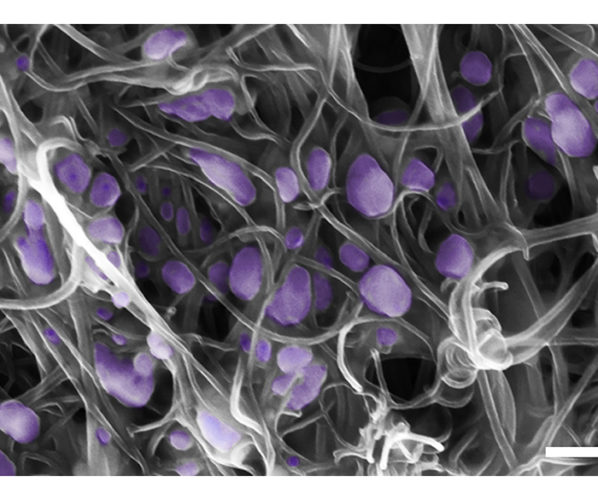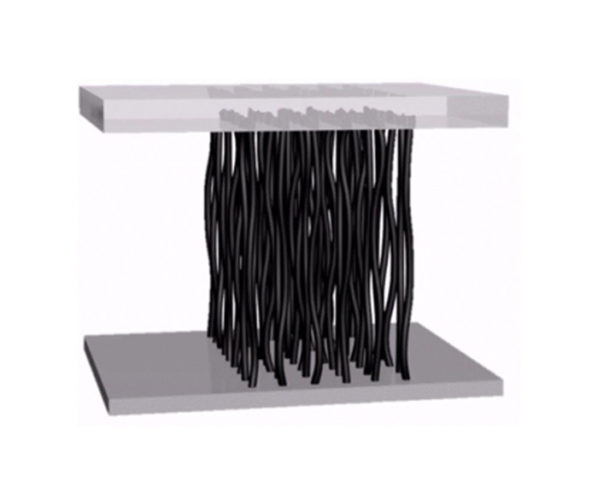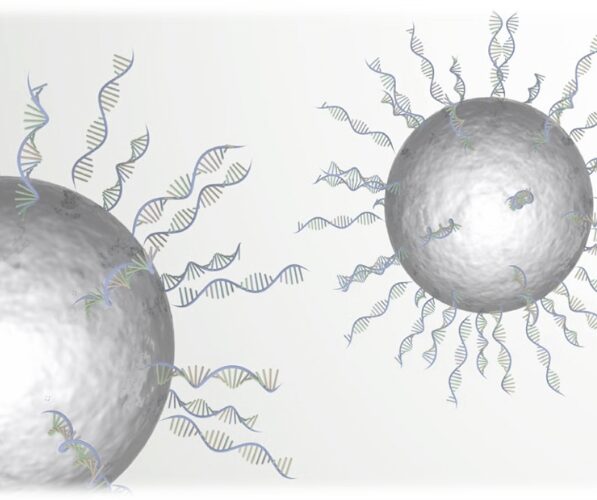Success Story
“We are scientists. We realized that when you want to start a business, the science part is important, but it’s not only the science that drives the company—you also need someone driving the business. For us, it was a different world.”
Mauricio Terrones
Professor of physics, chemistry and materials science in the Eberly College of Science
Breakthrough Virus Detection Venture, Virolock Technologies, Secures $75,000 Jumpstart Funding from Invent Penn State’s Fund for Innovation
When facing an outbreak of an infectious disease like Zika, influenza or Ebola, early detection and isolation of the virus are critical. A new Penn State startup is working to tackle this challenge with truly remarkable technology.
As viral outbreaks spread, those with recent infections may not show symptoms right away, and unknowingly spread the disease. Additionally, the concentration of viruses in early field samples can be quite low, making virus identification expensive, slow or dependent on large-scale medical equipment.
Enter Virolock Technologies, LLC.
A team of interdisciplinary Penn State researchers in physics, chemistry, materials science and biomedical engineering have developed an extremely promising, portable technology that could increase the threshold for early virus detection and speed up identification of new viruses from field samples.
“The device allows us to selectively trap and concentrate viruses by their size – smaller than human cells and bacteria, but larger than most proteins and other macromolecules – in incredibly dilute samples,” notes Mauricio Terrones, professor of physics, chemistry and materials science in the Eberly College of Science. “It further increases our ability to detect small amounts of a virus by more than six hundred times.
Recognizing the potential magnitude of the technology, the new startup, led by Terrones and Penn State biomedical researchers Yin-Ting (Tim) Yeh and Nestor Perea-Lopez, was recently awarded $75,000 from the Fund for Innovation to jumpstart the growth of their business. Virolock is one of 7 emerging Penn State technologies to earn the Jump Start funding since it began in 2015.
The Virolock technology uses a forest-like array of vertically-aligned carbon nanotubes that can be fine-tuned to a variety of viruses based on their size. Terrones, together with Yeh, Perea-Lopez, and Si-Yang Zheng, associate professor in the College of Engineering, developed the tool through intensive research, and see the device as a valuable opportunity to more aggressively combat the spread of disease.
About the Fund for Innovation
A signature program of the Invent Penn State initiative, the Fund for Innovation aims to de-risk and accelerate the development of Penn State’s commercially promising research for the purposes of licensing or venture formation. The program is a collaboration between Invent Penn State, the Office of the Vice President for Research and the academic colleges. Since its founding, the program has supported nearly 50 emerging Penn State technologies, resulting in 7 new ventures.








